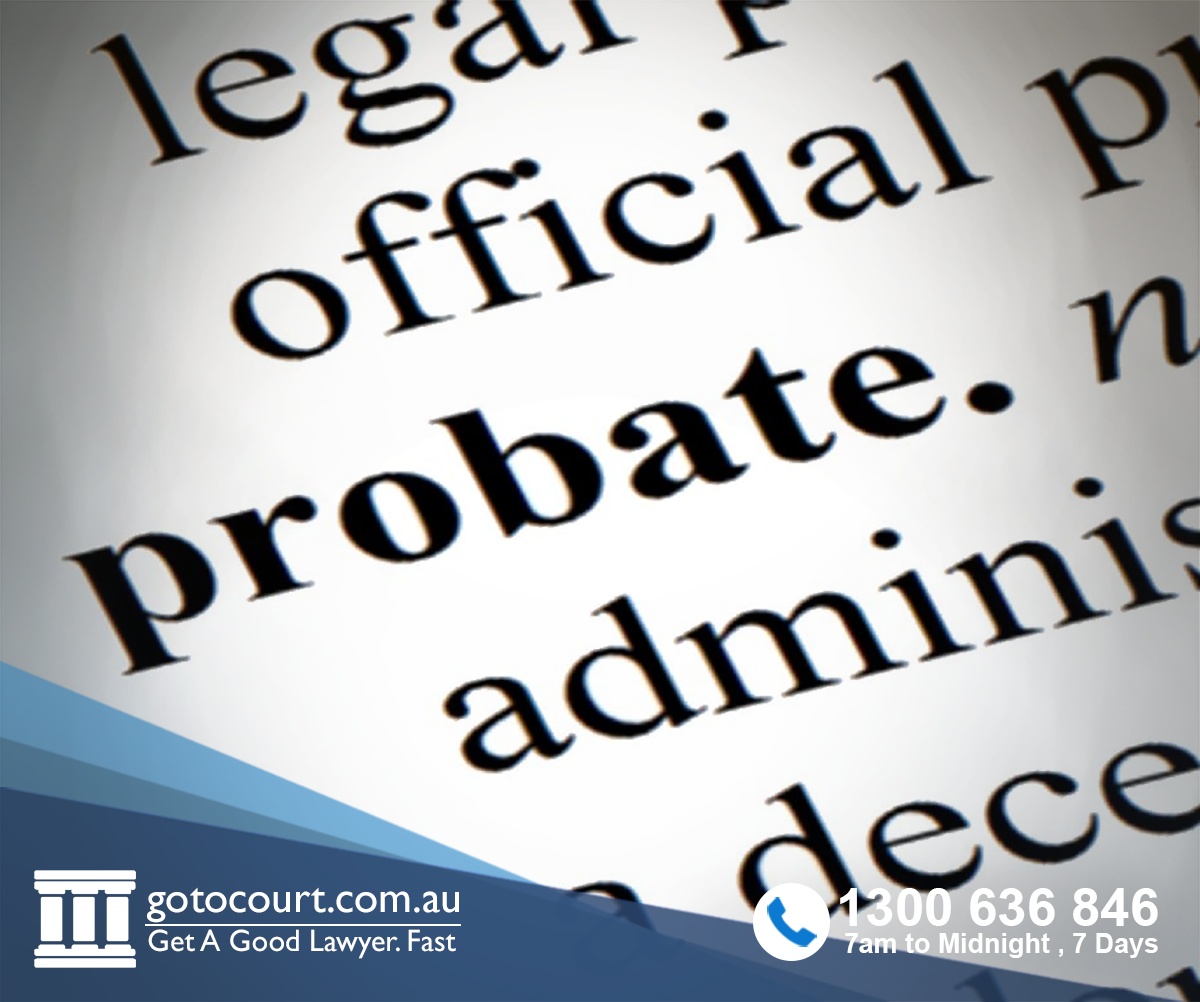Contested Will Cases: Wylie & Anor v Wylie | Grimsley v Paul
In Brisbane, a testator can draft their will in any way they see fit, leaving their estate to their chosen beneficiaries, whether that be family, friends or charitable entities. However, to make sure that there is fair distribution in Brisbane, there is provision under the Succession Act 1981 for certain people to legally dispute the terms of the will. Under this legislation, an eligible person can make an application called a Family Provision Application (FPA) to the Supreme Court of Queensland. The application asks the court to determine if the claimant ought to have received a more generous share of the deceased estate than was provided for in the will of the deceased. This article outlines some recent examples of wills that have been contested in Brisbane.
It can be difficult to understand whether an applicant will be successful with a claim against a deceased estate. It can be helpful to examine some examples of wills that have been contested in Brisbane. It should be noted that succession law varies according to jurisdiction and this common law is specific to Queensland.
Case Study 1: Wylie & Anor v Wylie [2021]
In the case of Wylie & Anor v Wylie [2021], the Supreme Court considered a claim from two of the deceased’s three children for a redistribution of their father’s estate.
Prior to his death, the testator transferred his residential property into a joint tenancy with one of his daughters. This action prevented this property from becoming part of his deceased estate (as upon his death, the right of survivorship would transfer full ownership of the property to the other joint owner). This same daughter also received the majority portion of the deceased estate via the terms of the testator’s last will.
The testator’s other children claimed that their sister had used undue pressure to influence her father to transfer assets into her name before his death, and to also make her the major beneficiary of the will. The defendant in this case was the full-time caretaker of her father during his final terminal illness. She claimed that her father was a capable testator who received independent legal advice before making the changes to his financial and testamentary affairs.
An additional complication in this case was that the defendant was also appointed as her father’s Power of Attorney. The claimants in the case argued that the transfer of the property into the defendant’s joint tenancy was in contravention of the provisions of the Power of Attorney Act 1998.
The court found the defendant to be an “untruthful witness”, particularly with regard to evidence relating to the deceased’s cognitive ability during the time that he was changing his will. The court ultimately found the testimony of the defendant and corroborating testimony to be unconvincing and at times, fabricated. The court believed that the defendant isolated her father from other family members and encouraged him to think badly of his other children.
The court also determined that the deceased did not receive independent legal advice, as the defendant was present during discussions with the solicitor to arrange for the changes to the deceased’s assets and will. The court concluded that as a result of these factors, there was undue influence in the creation of the will.
The court ruled that the claimants in this case were eligible, as the deceased’s children, to make a Family Provision Application against the estate. The court further found that the plaintiffs were not provided with adequate provision from their father’s will, as their circumstances were “poor”. The court decided that a reasonable testator would have made equal provision for each of his children, and made an order to that effect, taking into consideration that the defendant had already received over $100,000 from the estate.
Case Study 2: Grimsley v Paul [2021]
In Grimsley v Paul [2021], the court heard from a stepdaughter who contested her stepfather’s will and asked for further provision from the estate. The estate was sizable, between 4 and 5 million dollars, and the testator left 60% of the estate to his two biological children and only 5% to the claimant, with the balance being distributed to other relatives.
The basis of the applicant’s case was that the deceased estate contained considerable assets that were inherited from the plaintiff’s deceased mother. The court acknowledged common law precedent for a claim against a deceased estate where part of the estate was contributed by the claimant’s biological parent.
The court was satisfied that the provision for the claimant was inadequate, given the size of the estate and the fact that she had received almost no provision from the estate of her late mother. The court also found that the claimant’s financial circumstances and health conditions required a higher level of provision to allow for her support. The court ordered that the applicant receive a total of $750,000 from the deceased estate.
These case study examples of wills that have been contested in Brisbane demonstrate the complexity of some of the issues involved in contested estates. It is important that anyone contesting or defending an estate receives advice from a solicitor who is experienced in this area of law.
If you require legal advice or representation in any legal matter, please contact Go To Court Lawyers.








